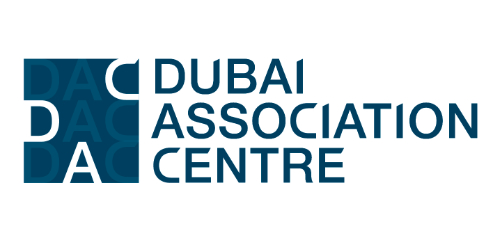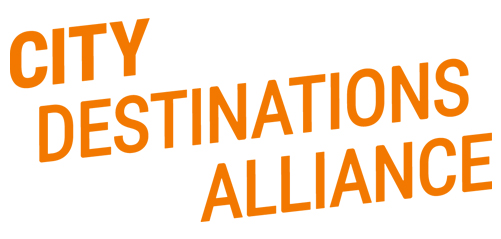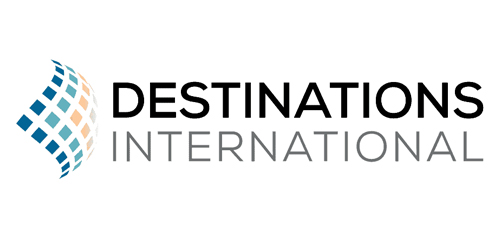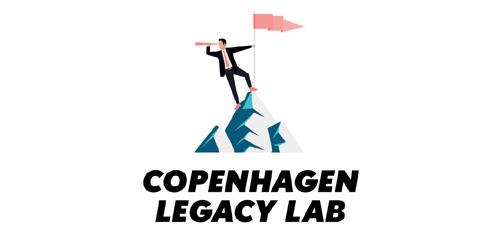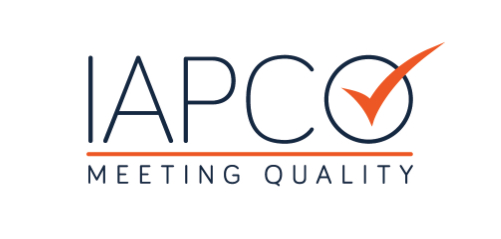2024 will see the Business Events Industry exceed pre-pandemic levels of turnover and attendance as the demand for in-person business, professional, and policy engagement continues with alacrity. But as PCMA CEO, Sherrif Karamat famously reminded The Iceberg at the beginning of the recovery, “the time to buy an umbrella is when the sun shines.”
So with no specific home for our industry within the ISO (International Standards Organisation), it has fallen to the global exhibitions and events leadership organisations in the form of UFI and the Joint Meetings Industry Council to press ahead with the ISO in creating a meaningful definition of the industry, a suitable catalogue of terms which define the key elements (including the hybrid and digital forms) and stakeholders of the industry, and then to ensure that the outcomes derived from the industry are fully understood by governments and policymakers so that when the rains come, the value recognition is in place.
The Iceberg has made the case that business and professional events are communication tools (and therefore a part of the communications sector, for example) which are used to effect positive impact and legacy for participating audiences and stakeholders. But as UFI chief, Kai Hattendorf, reminded it at the recent IBTM World event in Barcelona “it doesn’t matter what we think we are, it matters what governments and policymakers think we are. And they think in industry terms”, he said.
“If we want to sit at the table where policymakers sit”, he said, “we need to speak their language. So what we feel we are is of less relevance than how we phrase this in these conversations. We need to present ourselves as the most critical entity of strategic value to government stakeholders and policymakers – and the language they speak is the language of industry.”
Working with ISO, UFI and the Joint Meetings Industry Council are establishing Business Events as a defined industry
These efforts to bring clarity to the definition of the industry, and its ability to serve all other industries, sectors, and governmental priorities in trade or the economy is already paying off, according to Hattendorf, as responsibility for Business Events increasingly moves up the departmental value chain of government to include the departments of Trade, the Economy, or even the Prime Minister`s office. Ironically, responsibility for Business Events has rested in the Prime Minister’s office of Singapore for decades. And we all know how successful the use of the Business Events industry has been in transforming the country’s knowledge economy to the point of global envy.
Maybe Hattendorf has a point.


